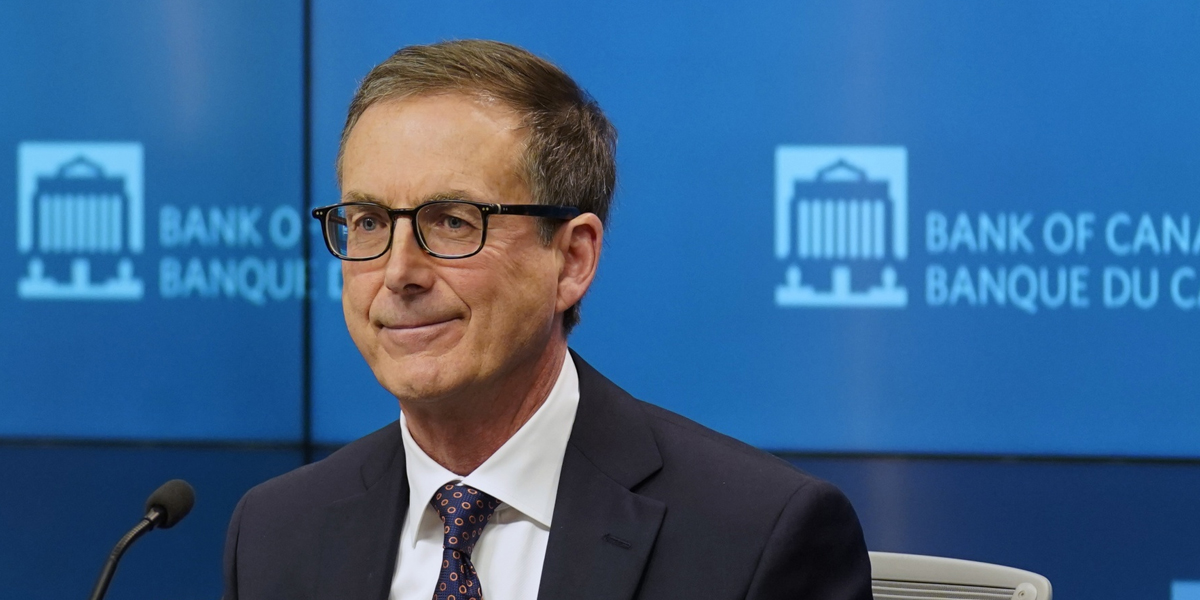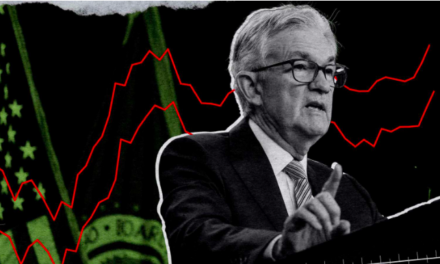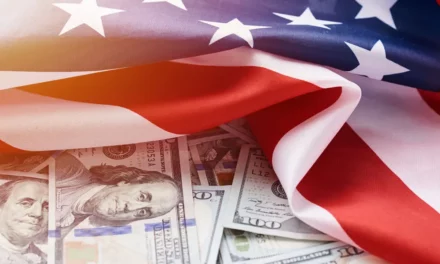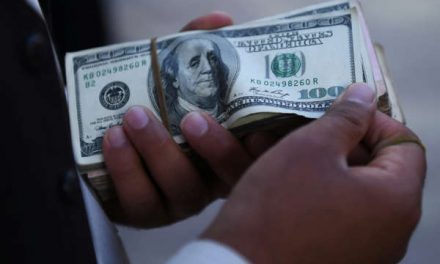The financial sector is waiting with bated breath on which way the Bank of Canada (BoC) is poised to jump with regard to interest rates as its executives are set to meet on Wednesday, April 12th.
According to experts, the BoC is expected to keep interest rates are current levels in light of cooling inflation and rising borrowing costs. Indeed, other primary economic indicators show that the Canadian economy is picking up speed in contrast to its sluggishness back in the fourth quarter of last year.
TD Economics’ senior economist James Orlando remarked that the country’s economy is showing momentum, given how more people have gained employment and an increase in both savings and disposable income. As people have begun to spend once more, this will translate into greater economic growth in the near future.
A Necessary Pause
Just last month, the BoC was the first national central bank that brought interest rate hikes to a halt as its benchmark rose to a fifteen-year high of 4.50%
Bank executives declared that further hikes may no longer be necessary for the event that the Canadian economy slows down or if it goes into a mild state of recession.
Based on last week’s figures, Canada’s gross domestic product went up by 0.3% month over a month back in January, gaining momentum from the 0.5% gain it achieved at the beginning of the year.
But while this may sound like good news, BoC governor Tiff Macklem says that it may call into question his decision to declare a conditional pause in rate hikes back in January.
Currently, Macklem is working to regain the public’s trust in light of the way his slow approach towards dealing with inflation affected the economy, particularly the way the BoC misjudged price pressures as the effects of the pandemic began to wane.
Economists Weigh In
For the most part, however, economists believe that the BoC will keep its current rate when it convenes on Wednesday for its next round of policy announcements. In fact, some money markets opine that the BoC could be announcing a reduction in rates.
This is because many investors feel that the economy has yet to feel the full impact of increased borrowing costs as well as the way recent banking issues – the fall of the Silicon Valley Bank and the takeover of Credit Suisse by UBS – have led to speculations regarding an international credit crunch.















